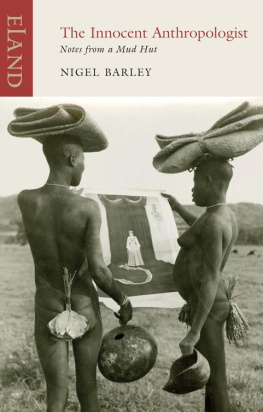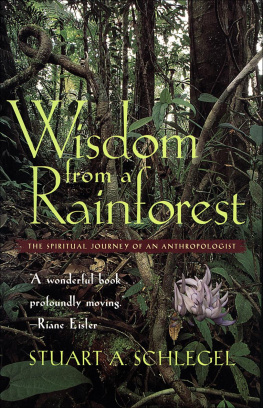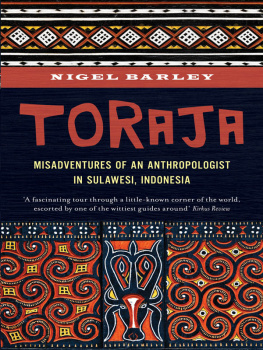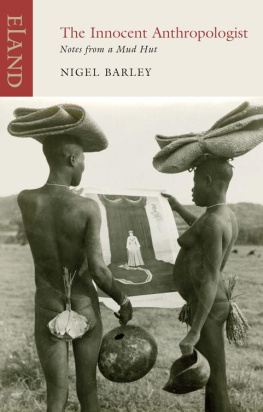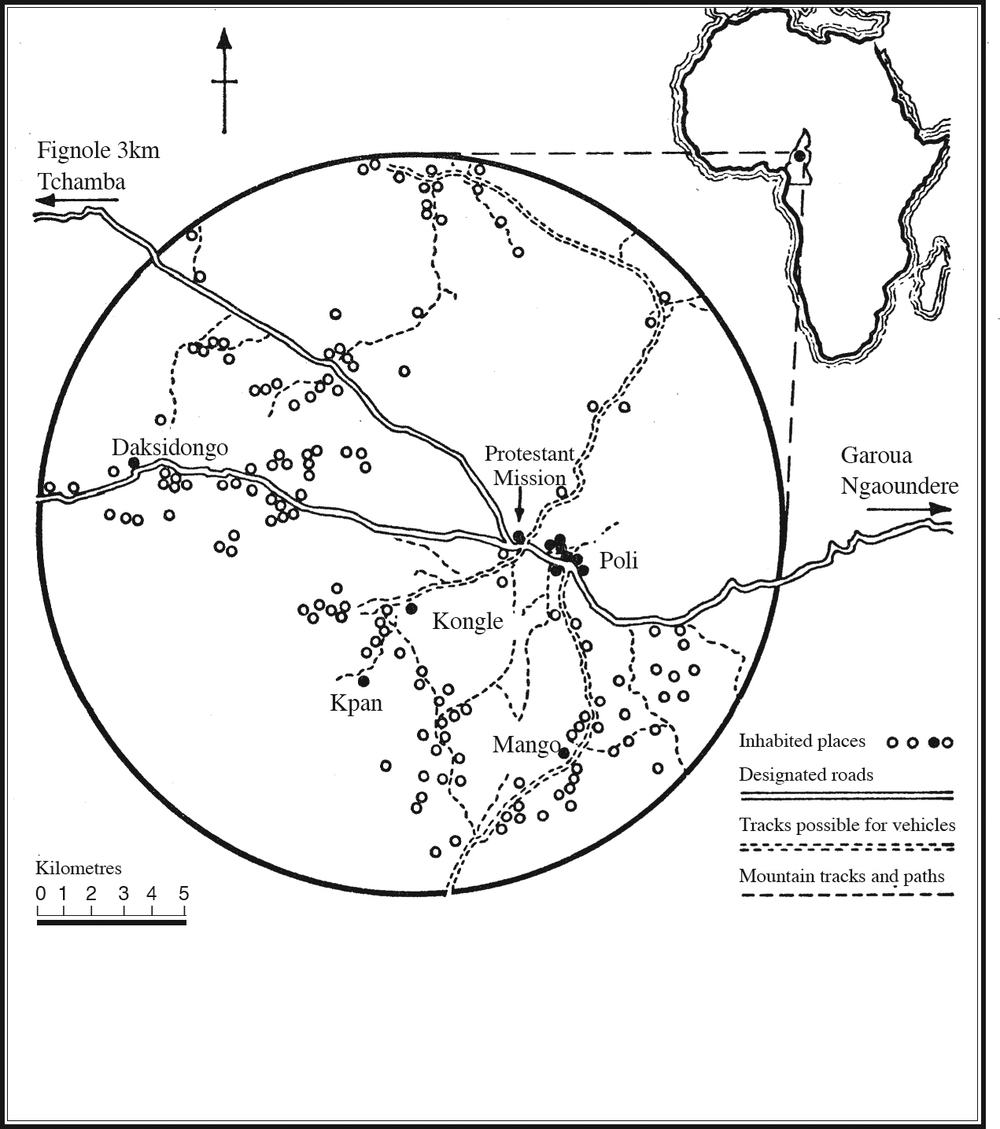Why not go on fieldwork then? The question was posed by a colleague at the end of a somewhat bibulous review of the state of the art of anthropology, university teaching and academic life in general. The review had not been favourable. Like Mrs Hubbard we had taken stock and found the cupboard was bare.
My story was a familiar one. I had been raised in the institutions of higher education and drifted more by chance than design into teaching. University life in England is based upon a number of untenable assumptions. First, it is assumed that if you are a good student you will be good at research. If you are good at research, you will be good at teaching. If you are good at teaching, you will wish to go on fieldwork. None of these connections holds. Excellent students do appalling research. Superb academic performers, whose names are never out of the trade journals, provide lectures of such stultifying tedium that students vote with their feet and disappear like dew in the African sun. The profession is full of devoted fieldworkers, skins leathery from exposure to torrid climes, teeth permanently gritted from years of dealing with natives, who have little or nothing of interest to say in an academic discipline. The whole subject of fieldwork, we effete new anthropologists with our doctorates based on library research had decided, had been made rather too much of. Of course, older teaching staff who had seen service in the days of empire and just sort of picked up anthropology in the line of business had a vested interest in maintaining the cult of the god to whom they were high priests. They had damn well suffered the trials and privations of swamp and jungle and no young whippersnapper should take a short cut.
Whenever pressed in debate over some point of theory or metaphysics, they would shake their heads sadly, draw languidly on their pipes or stroke their beards and mutter something about real people not fitting the clear abstractions of those who had never done fieldwork. They evinced genuine pity for these deprived fellows but the matter was perfectly clear to them. They had been there, they had seen. There was nothing more to say.
After several years teaching the received orthodoxies in a department of anthropology of no particular academic distinction, the time was perhaps right for change. It was far from easy to determine whether doing fieldwork was one of the unpleasant tasks like national service that might quite properly be suffered in silence, or whether it was one of the perks of the business that a man should feel grateful for. Colleagues opinions were of no real help. Most had had plenty of time to enfold their experiences in a rosy glow of romantic adventure. The fact of past fieldwork is something of a licence to be a bore. Ones friends and relatives are a trifle disappointed if every subject from doing the washing to treating the common cold is not larded with a sauce of ethnographic reminiscence. Old stories become old friends in themselves and soon nothing but the good times of fieldwork remain bar a few awkward islands of unreduced misery that cannot be forgotten or submerged in the general euphoria. For example, I had a colleague who claimed to have had the most marvellous time with agreeable, smiling natives bringing gifts of fruit and flowers by the basketful. But the inner chronology of the stay was provided by statements of the form, That happened after I got food poisoning or I wasnt too steady on my feet at that time since I still had the festering boil under my toes. One suspected that the whole business was rather like those cheery war reminiscences that make one regret, against all better knowledge, not having been alive at the time.
But perhaps there was something to be gained by the experience. Tutorials would never drag again. When faced with the obligation to talk about a subject on which naturally ignorant, I should be able to reach into my ragbag of ethnographic anecdotes, as my teachers had done in their day, and produce some long-winded story that would keep my pupils quiet for up to ten minutes. A whole range of techniques for squashing people also becomes available. The memory of one occasion, as ever, returns. I was at a conference, dull even by normal standards, making polite conversation with several of my betters who included two very grim Australian ethnographers. As if by some prearranged sign, the others withdrew leaving me starkly exposed to the antipodean horrors. After several minutes of silence, I tentatively suggested a drink in the hope of breaking the ice. The female ethnographer gathered her face into a vile grimace. Nah! she cried, mouth twisted with disgust, weve seen too much of it in the bush. Fieldwork has the great benefit of making such phrases available; they are quite properly denied to lesser mortals.
It is the use of such turns of phrase, I suspect, that has conferred that valuable aura of eccentricity upon the really rather dull denizens of anthropology departments. Anthropologists have been very lucky in their public image. Sociologists, it is well known, are humourless, left-wing purveyors of nonsense or truisms. But anthropologists have sat at the feet of Hindu saints, they have viewed strange gods and filthy rites, they have boldly gone where no man has gone before. The reek of sanctity and divine irrelevance hangs about them. They are saints of the English church of eccentricity for its own sake. The chance of joining them was not to be lightly rejected.
To be fair, there was also the possibility to be considered slight though it might be that fieldwork would make some great contribution to human knowledge. On the face of it this seemed rather unlikely. Fact-gathering in itself has few charms. Anthropology is not short of facts but simply of anything intelligent to do with them. The notion of butterfly-collecting is familiar within the discipline and serves to characterize the endeavours of many ethnographers and failed interpreters, who simply amass neat examples of curious customs arranged by area, or alphabetically, or by evolutionary order, whatever the current style may be.
Frankly, it seemed then, and seems now, that the justification for fieldwork, as for all academic endeavour, lies not in ones contribution to the collectivity but rather in some selfish development. Like monastic life, academic research is really all about the perfection of ones own soul. This may well serve some wider purpose but is not to be judged on those grounds alone. This view will doubtless not sit well either with conservative academics or those who see themselves as a revolutionary force. Both are afflicted by a dreadful piety, a preening self-importance that refuses to believe the world is not hanging on their every word.
For this reason, outrage was quite general within the discipline when Malinowski, the inventor of fieldwork, was revealed as a rather human and flawed vessel in his diaries. Even he had been infuriated and bored by blacks, tormented by lust and isolation. It was widely felt that the diaries should have been suppressed, that they were a disservice to the subject, that they were gratuitously iconoclastic and would lead to all manner of disrespect for the elders.
This reveals a rather intolerable hypocrisy on the part of the purveyors of the art and should be remedied at every opportunity. It is with such thoughts in mind that I undertake the writing of this account of my own endeavours. There will be nothing new here for those who have undergone the same experience but I shall dwell precisely on those aspects that the normal ethnographic monograph punctuates out as not anthropology, irrelevant, unimportant. In my professional work I have always been more attracted by the higher levels of abstraction and theoretical speculation since it is only by progress here that the overall possibility of interpretation moves closer. Keeping ones eyes firmly fixed on the ground is the surest way of ensuring an uninteresting and partial view. This book may, then, serve to redress the balance and show students and, it is hoped, non-anthropologists, how the finished monograph relates to the bleeding chunks of raw reality on which it is based, and convey something of the feel of fieldwork to those who have not had that experience.

